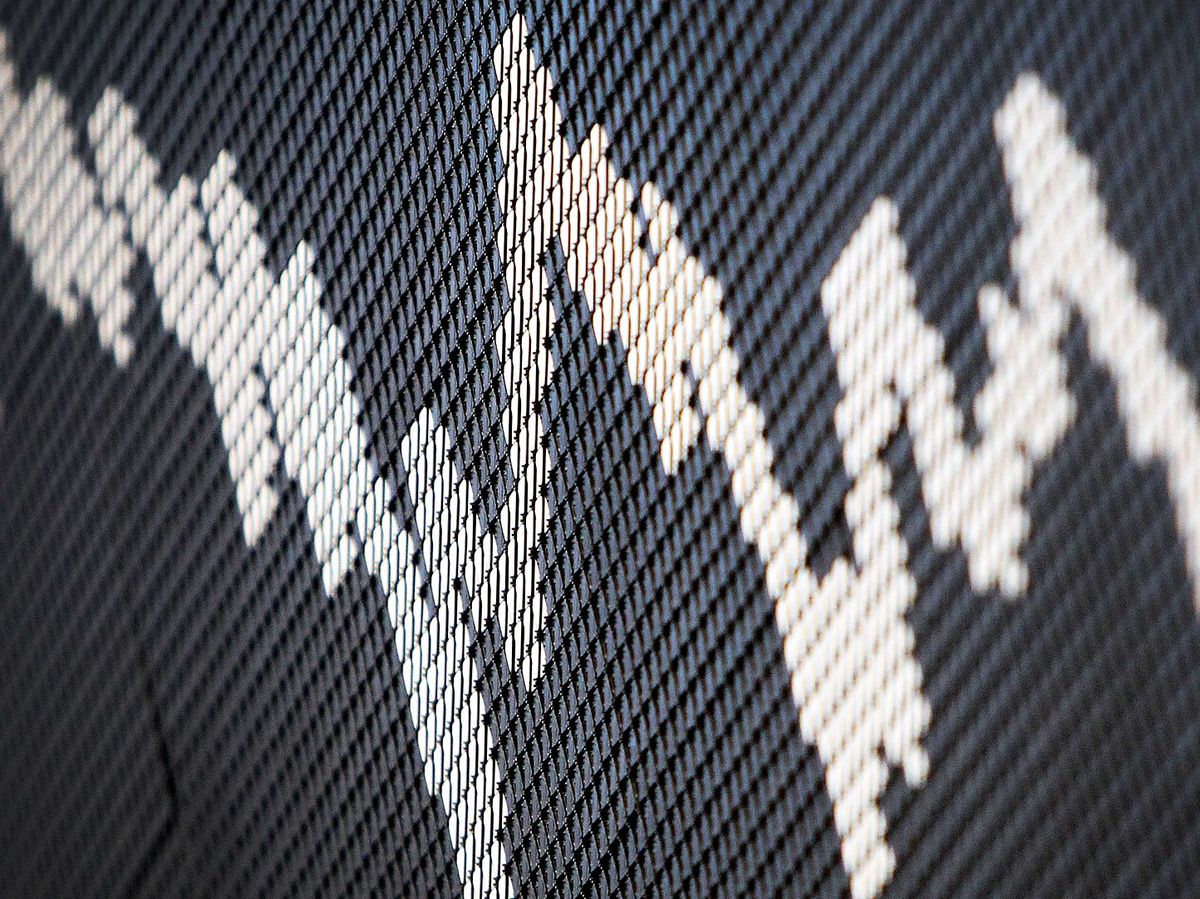Putin has export demand.
If sanctions on Russia are lifted, President Putin said he would be willing to facilitate grain and fertilizer exports. Putin didn’t specify if he was referring to Russian exports or Ukrainian exports that have been stopped by Moscow. The U.S. and its allies wouldn’t agree to remove the sanctions against Russia in response to the Russian leader’s move to link it to the food crisis.
Apple’s Revolt.
The turmoil that has engulfed tens of thousands of workers at an Apple supplier inShanghai is a troubling symptom of China’s extreme efforts to keep factories humming during its worst Covid outbreak since 2020. The workers at Quanta Computer are trapped in a bubble for almost two months, locked down by government decree and walled off from the outside world, and are beginning to revolt.
The UK has a trade agreement.
The UK signed its first trade agreement with a US state, despite warnings that Prime Minister Boris Johnson’s stance on leaving the European Union is slowing progress on a broader deal with Joe Biden’s administration. The British government said its agreement with Indiana will remove barriers to trade and investment, improve procurement processes, and pave the way for professional qualifications to be recognized in both countries. It expects to sign at least six trade deals with US states by the end of the year. The first deals under a new national security law in the UK were announced this week. Following the announcement of a 25% windfall tax on oil and gas companies to support Britons facing a record squeeze on living standards, BP said it will look again at its plans in the UK.
Russian debt.
President Vladimir Putin’s government says it has already made payments to investors who are supposed to receive about $100 million of interest on Russian foreign debt by Friday. After the US Treasury closed a loophole that previously allowed American banks and individuals to accept such payments, worried bondholders are not likely to see the cash.
It is coming up…
The spring session of the NATO Parliamentary Assembly starts today in Lithuania. Core PCE price index, personal income and spending, wholesale inventories, and University of Michigan consumer sentiment will show the health of the economy in the US.
What has we been reading?
Over the last 24 hours, this has caught our eye.
This is what Cormac is interested in this morning.
It’s crunch time for dollar bulls Two weeks ago, the Dollar Index hit a twenty-year high and the broader gauge had climbed almost 14% since its lowest point. The US currency has retreated and cracks have appeared in the once solid bull case. Aggressive posturing looks to have just begun for the European Central Bank, a shift which favors the euro, and Peak hawkishness could have been reached for the Federal Reserve. Thanks to a haven bid on growth concerns, the yen has gotten some color back in it’s cheeks, but it’s still below the 130 level. There is speculation of rate hikes in Switzerland that is helping the Swiss franc. The Dollar Spot Index is close to its bottom Bollinger band, which is a potential recovery point, and is trying to test its first support level. Bulls hope that the currency can rebound from here, as a break will open the door to further dollar weakness.
Cormac is a deputy managing editor for the Markets team at Bloomberg News.
With help from Cormac Mullen.
